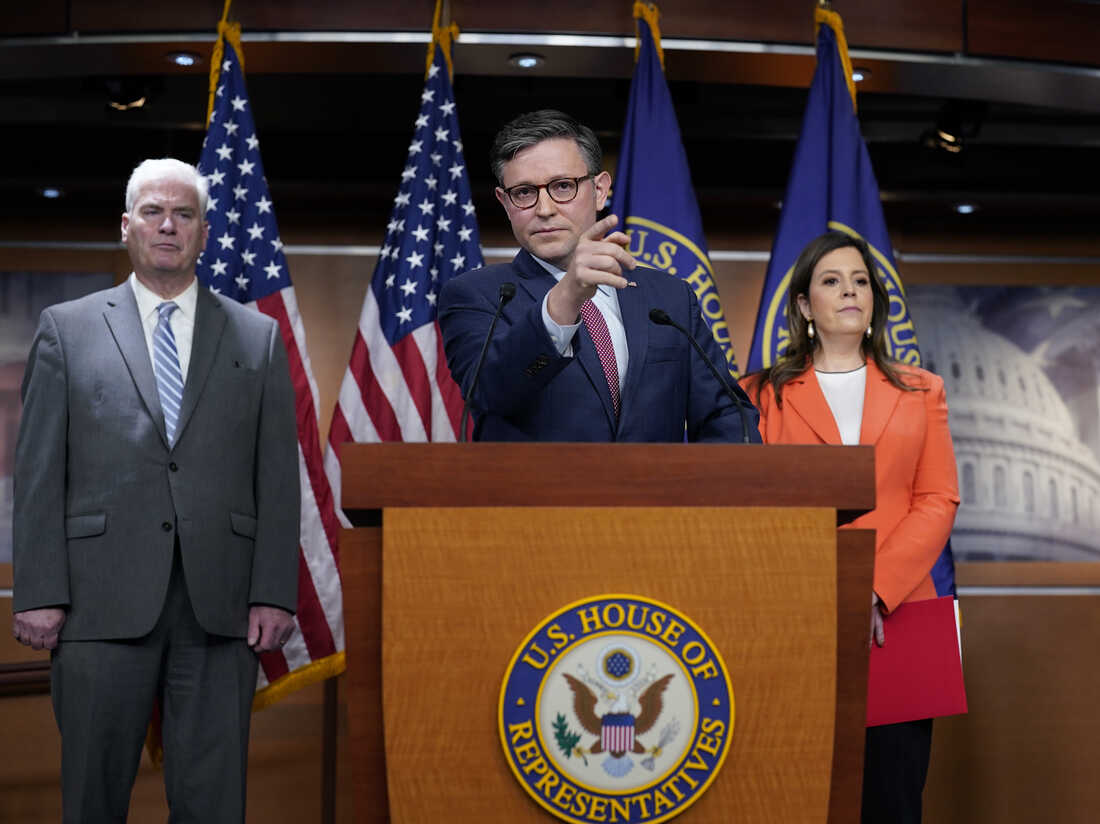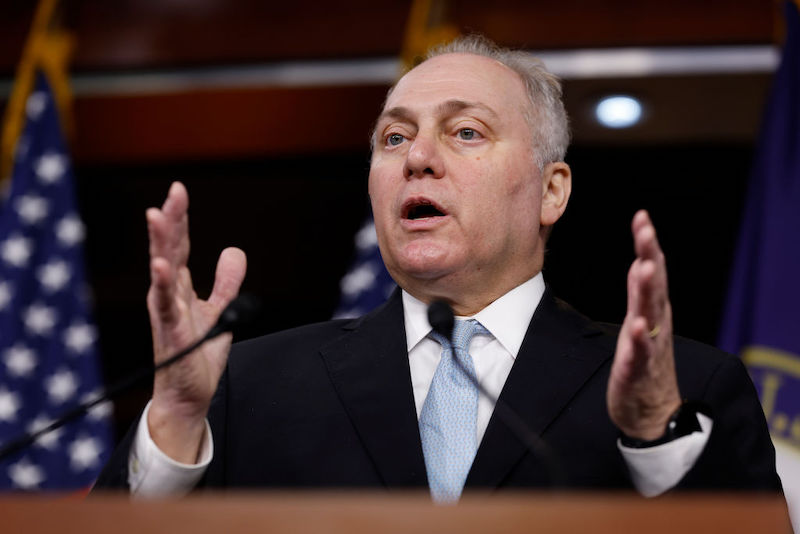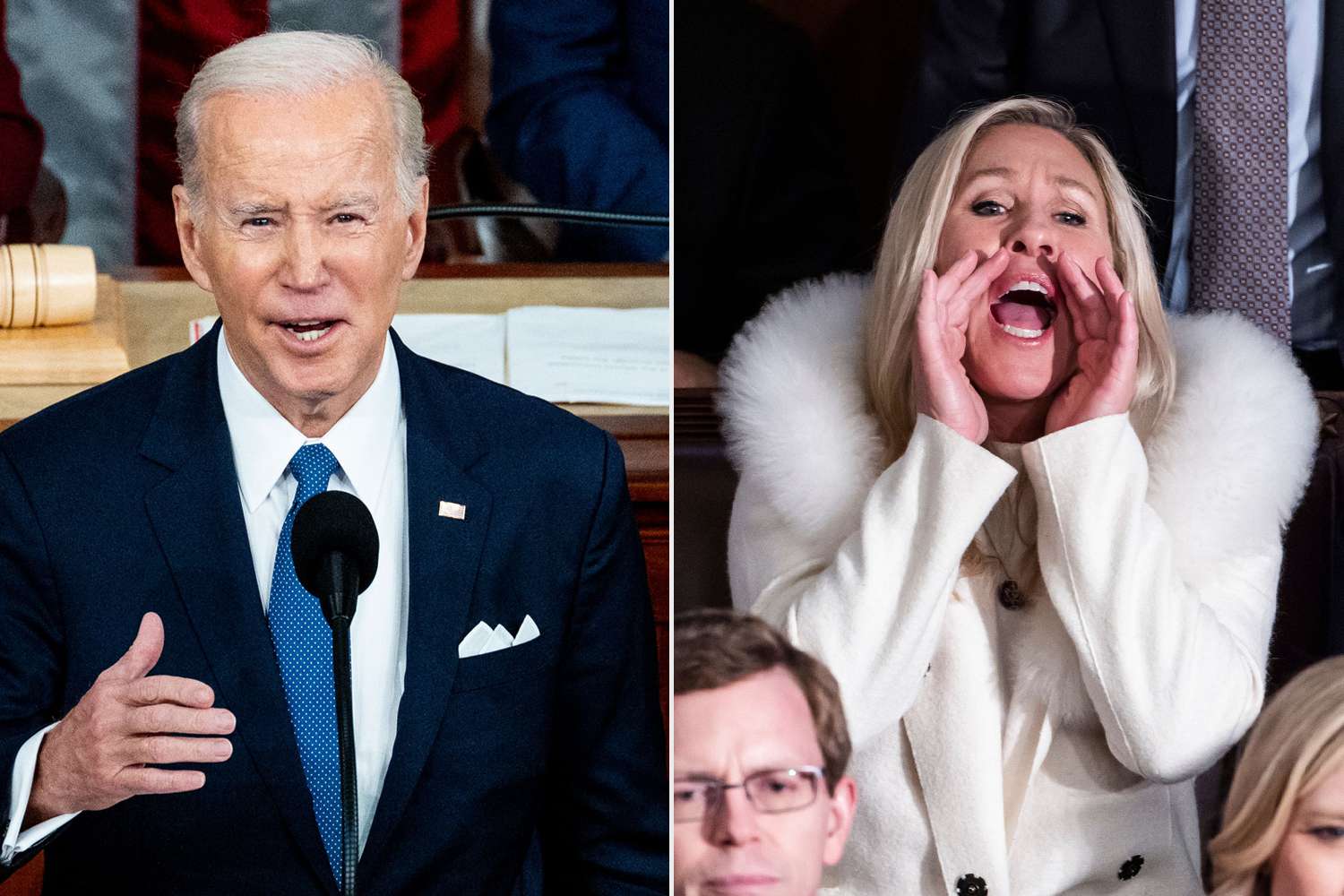The upcoming presidential election in Taiwan has taken a dramatic turn as the leading opposition parties, the Kuomintang (KMT) and the Taiwan People's Party (TPP), have joined forces to present a unified front. This unprecedented collaboration aims to consolidate political backing and potentially reshape Taipei's governance with a more China-friendly stance.
A Historic Coalition Emerges
In a historic move, the KMT and TPP announced their alliance, opting for a joint ticket in the imminent presidential election. By uniting under one candidate instead of splitting the vote, they aim to strengthen their position and enhance prospects for forming a joint government should they secure victory.
TPP candidate Ko Wen-je emphasized the significance of this alliance, stating, "This marks an unprecedented coalition effort in Taiwan's political landscape. Collaborative efforts are imperative to attain our collective goals." Analyzing polling data jointly, the parties will select either Ko or the KMT's Hou Yu-ih as the presidential candidate for their combined ticket, with the runner-up designated as the vice presidential nominee.

Challenges to the Incumbent Dominance
Despite the combined opposition, current vice president Lai Ching-te of the ruling Democrat Progressive Party (DPP) remains a frontrunner in the polls. With incumbent Tsai Ing-wen concluding her second term and ineligible for re-election, Lai aspires to succeed her. However, the unified opposition presents a formidable challenge to the DPP's continued governance, potentially steering Taipei toward a less confrontational stance with China.
Political analysts foresee a significant shift in cross-strait relations if the opposition secures victory. Wang Yeh-lih, a political science professor at National Taiwan University, highlighted, "The likelihood of the opposition defeating Lai, as indicated by local polls, suggests a probable improvement in cross-strait tensions. This presents a pivotal opportunity for China, favoring either Ko or Hou over Lai's leadership."
Implications for Cross-Strait Dynamics
Tensions between Beijing and Taipei have intensified since Tsai assumed office in 2016. The strained relationship escalated further, with China expressing intentions to unify with Taiwan and conducting extensive military exercises in the Taiwan Strait. In response, Tsai fostered ties with US officials and bolstered weaponry acquisitions from Washington.
Both the KMT and TPP have pledged to initiate dialogues with Beijing to foster stability and peace in the Taiwan Strait. Conversely, Chinese authorities have criticized DPP's Lai, labeling him a separatist and a disruptive force in the region.
A Delicate Political Accord
Former Taiwanese President Ma Ying-jeou facilitated the agreement between the opposition parties. However, the DPP accused the collaborating parties of succumbing to the Chinese Communist Party's influence, dismissing the alliance as a concession to Beijing's demands.
The most recent TVBS poll revealed Lai maintaining a lead with 33% support, followed by Ko at 24% and Hou at 22%. Notably, the independent candidacy of Terry Gou, the billionaire founder of Foxconn, garnered only 8% in the same poll.
As Taiwan's political landscape evolves amid these alliances and shifting dynamics, the impending presidential election holds significant implications for the island's relationship with China and its future governance.
Free Speech and Alternative Media are under attack by the Deep State. We need your support to survive.
Please Contribute via GoGetFunding


